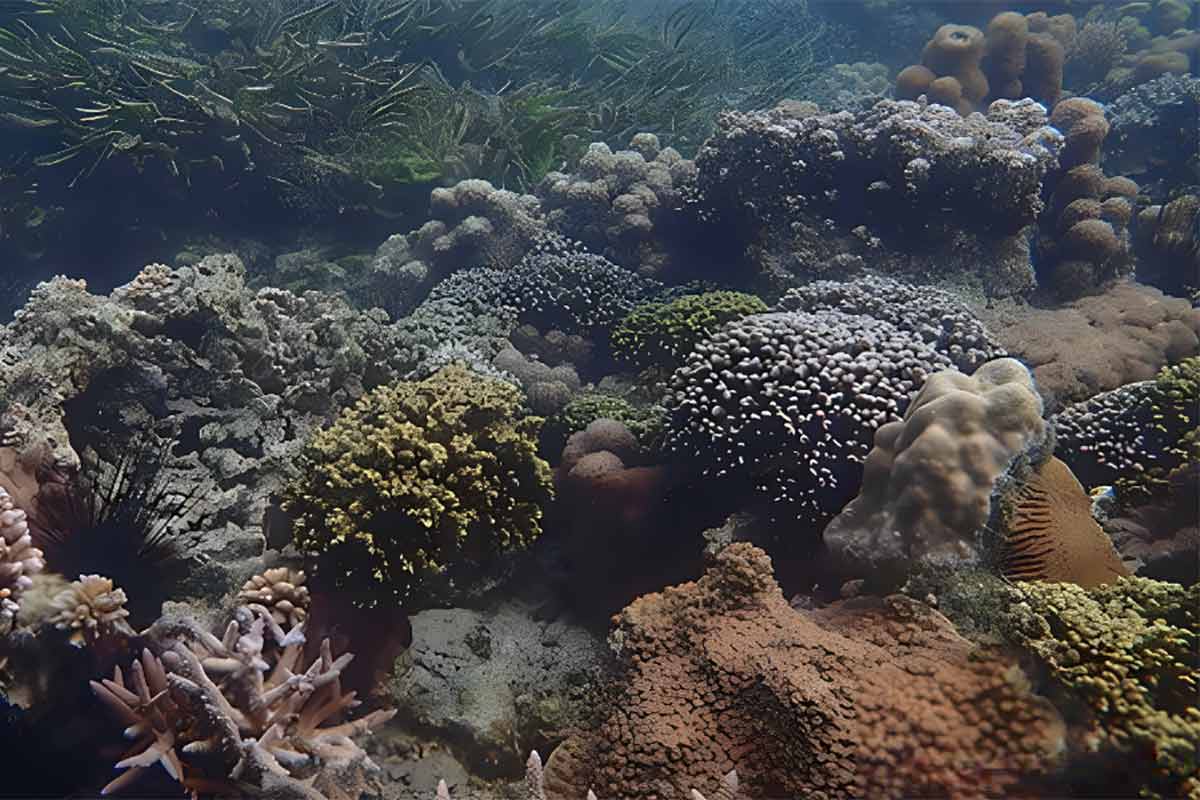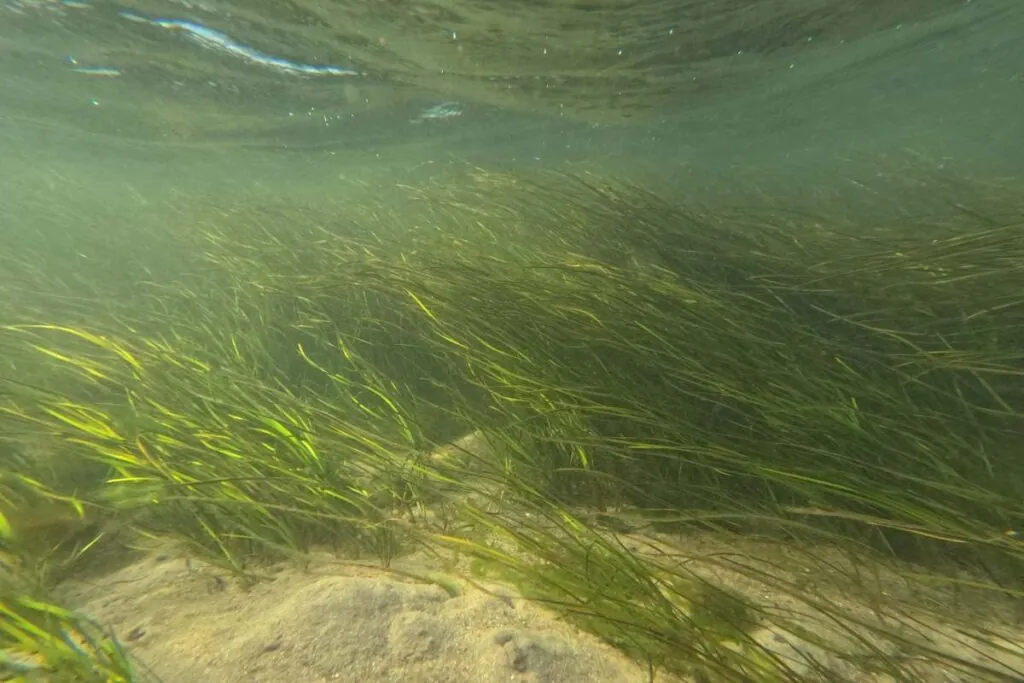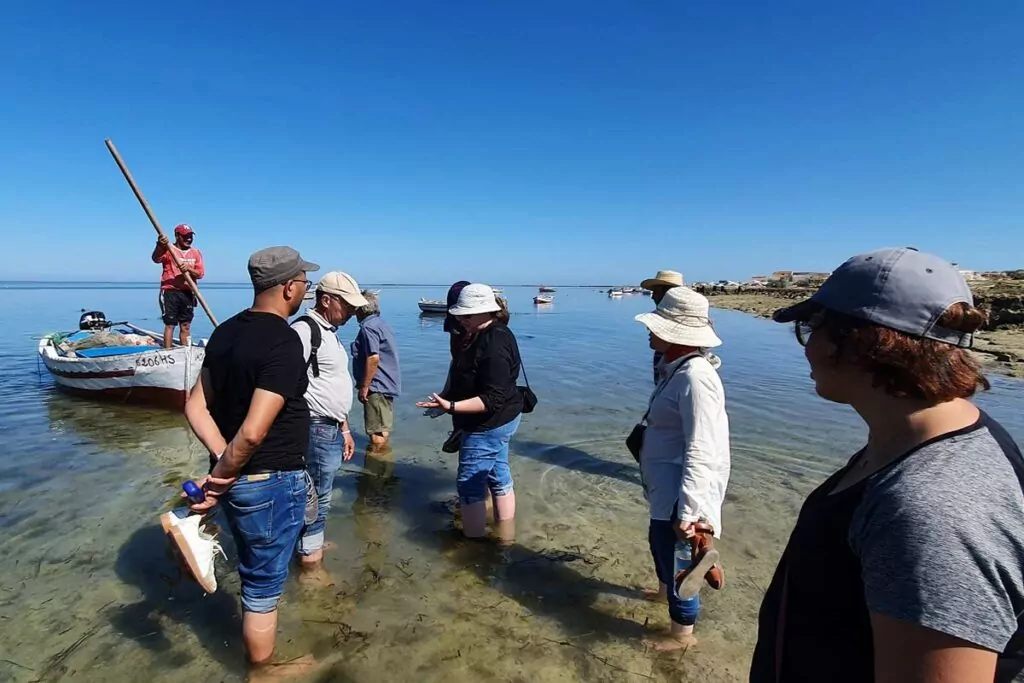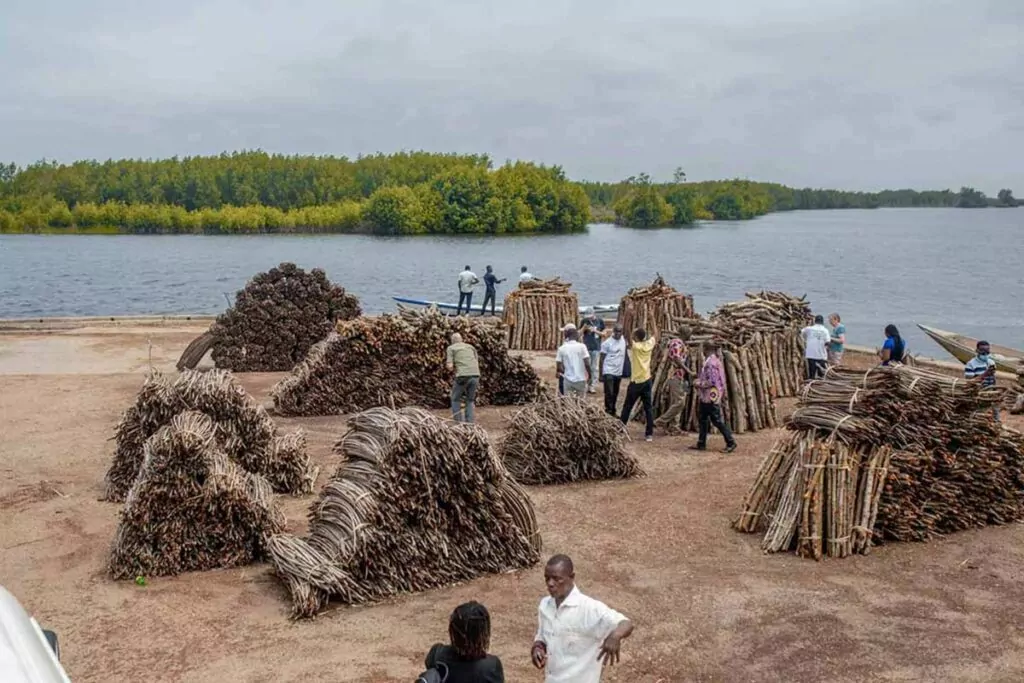The MeerWissen Initiative – African-German Partners for Ocean Knowledge and the United Nations Decade of Ocean Science for Sustainable Development (2021-2030) are pleased to announce three winning projects of the 3rd MeerWissen Call for Proposals, to improve the knowledge base for marine Nature-based Solutions in African coastal states. The African-German partnership projects also aim to facilitate the use and uptake of solutions in national strategies and action plans.
The three selected projects are run in partnership between African and German marine research institutions, with an important thematic focus on “Strengthening biodiversity conservation with marine nature-based solutions in Africa”. The MeerWissen Initiative’s support for the three new projects is made possible through funds from the German Federal Ministry for Economic Cooperation and Development (BMZ) with a maximum amount of 360,000 euros for each project. The funding includes a Co-Design phase of up to 9 months, followed by an implementation phase of two years. MeerWissen’s support for the three new research projects extends to contributing to key discussions and ongoing policy developments aimed at strengthening marine Nature-based Solutions in Africa.
“The MeerWissen Initiative responds to the urgent need for a strong knowledge basis for evidence-based decision-making in African countries. The newly launched partnership projects will play an important role in further exploring marine Nature-based Solutions to societal challenges in their countries of implementation. On behalf of the MeerWissen secretariat I congratulate the selected projects for putting bold and promising ideas on the table, and now it’s time to step into action and make them a reality!’”
Dr. Maya Pfaff, Advisor at Deutsche Gesellschaft für Internationale Zusammenarbeit (GIZ) GmbH and part of the MeerWissen secretariat
The 3rd MeerWissen Call for Proposals is an official contribution to the UN Decade of Ocean Science for Sustainable Development (2021-2030) that is being coordinated by the Intergovernmental Oceanographic Commission (IOC) of UNESCO. The three selected projects are now endorsed as official Decade Actions and formally recognised as part of the Ocean Decade.
“We are thrilled to collaborate with MeerWissen on this Call for Proposals. Africa is a priority region for the Ocean Decade given the significant needs in terms of developing ocean knowledge, capacity and resources. These three projects will act as models for the transformative ocean science that can be further developed and implemented in the context of the Ocean Decade in Africa and we congratulate and thank the proponents for their engagement”, said Julian Barbière, Global Coordinator of the Ocean Decade and Head of the Marine Policy and Regional Coordination Section of IOC-UNESCO.
Three new partnership projects in four African countries
Over the next two and a half years, the new project phases include Co-Design, project implementation and activities to take place across Ghana, Tunisia, Tanzania and South Africa. These activities will address a wide range of challenges, from mitigating climate change and flooding, and reducing coastal erosion risks to combatting watershed pollution.
The project “Mangroves as Nature-based Solutions to Coastal Hazards in Eastern Ghana” (MANCOGA) will develop decision support tools to reduce coastal hazards such as climate-related flooding, erosion, and pollution along Ghana’s east coast. To achieve this, MANCOGA will develop a ‘Digital Twin’ model that captures local conditions and explore What/If scenarios of flooding and erosion. The ultimate goal of the project is to increase community resilience and affluence, all through working towards using mangroves as Nature-based Solutions.
The MeerWissen project “OceanogRaphIc and Ecological dAta for Nature-based coasTAl proTEction” (ORIENTATE) will provide sustainable and cost-effective data on erosion risk for Tunisia. It will develop a living lab for nature-based mitigation through seagrass transplantations around Djerba Island. By involving local communities and local youth, the project contributes to capacity development while facilitating the adaptive governance of erosion risks in Tunisia’s most vulnerable coastal areas.
The third project “Nature based Solutions for Mitigation of Watershed Pollution: Cross-habitat facilitation by coastal seagrass meadows” (SOMWAT) is implemented in Tanzania and South Africa. It assesses the role of seagrass meadows in reducing watershed pollution, with the aim of improving livelihoods of local communities. The project will also assess the “filtering” effects of seagrass meadows in improving water quality in adjacent reef areas and small aquaculture farms to improve ecosystem and human health, and facilitate more sustainable use of marine resources.
Marine nature-based solutions play a significant role in safeguarding the livelihoods of coastal populations. They attempt to simultaneously address multiple challenges, by combining measures for climate adaptation and mitigation, coastal protection, food security, as well as biodiversity conservation. An increasing number of coastal nations in Africa are developing strategies to implement marine nature-based solutions. This stresses the urgent need for new, innovative ocean science to build the knowledge base for informed policy decisions for marine and coastal management. Through the three new partnership projects the MeerWissen Initiative will help strengthen biodiversity conservation with marine nature-based solutions in Africa.




